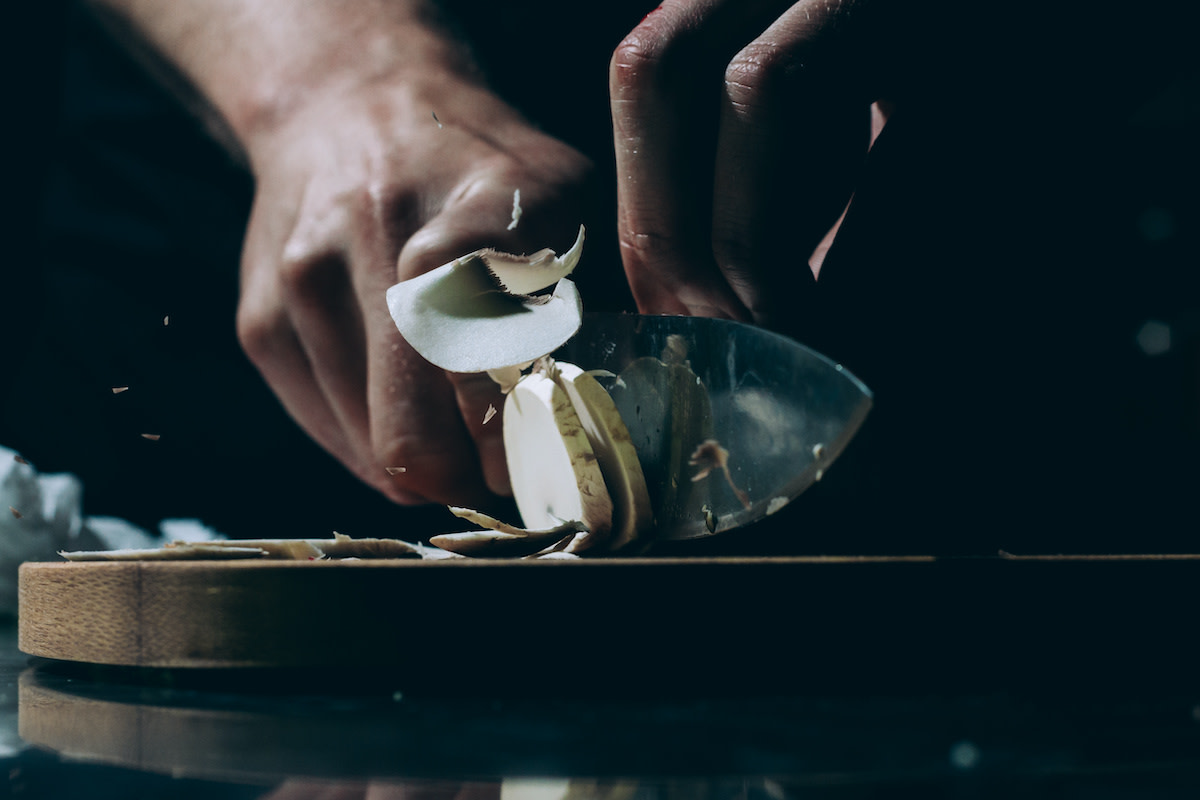Chef de Cuisine: Inside the Role of Chef de Cuisine
Written by MasterClass
Last updated: Jun 7, 2021 • 2 min read
The title “chef” derives from the French term chef de cuisine: the chief, or leader, of the kitchen.
Learn From the Best
What Is a Chef de Cuisine?
A chef de cuisine is the top position in the kitchen brigade system (brigade de cuisine), a hierarchical system that delineates responsibility for each station in a professional kitchen. The system is attributed to Georges Auguste Escoffier, the father of haute cuisine and modern French cooking. Escoffier first instituted it in the kitchen at London’s Savoy Hotel in the late nineteenth-century. In a professional kitchen, the chef de cuisine can also be known as the head chef. This role is responsible for managing daily operations, overseeing the kitchen staff, fostering relationships with suppliers, and planning the daily menu.
What Are the Responsibilities of a Chef de Cuisine?
Good chefs de cuisine are an omniscient presence in the kitchen, steering the ship with an organized mind and a steady hand. Some of the chef de cuisine’s duties include:
- Maintain relationships with suppliers
- Manage day-to-day kitchen operations, including sanitation requirements and maintenance of kitchen equipment
- Oversee food preparation by commis (line cooks) and kitchen porters
- Manage hiring and kitchen staff
- Plan menus with the sous chef and pastry chef
- Execute the menu (by overseeing a chef de partie, or station chef, for example) and work any station on the line
What Skills Do You Need to Become a Chef de Cuisine?
According to the American Culinary Federation, you need the following qualifications and skills to become a chef de cuisine:
- Certification: To become a chef de cuisine, you’ll typically need a high school diploma or equivalent (GED) or a degree in culinary arts. This position may also require the completion of courses in nutrition, food safety, and supervisory management.
- Experience: Restaurants may also require candidates to have at least three years’ experience managing shifts or stations (with at least two full-time employees) in a food service establishment. Once installed in a kitchen, a successful chef de cuisine must employ leadership and communication skills to keep the operation running smoothly.
What Is the Difference Between a Chef de Cuisine and an Executive Chef?
In smaller kitchens, a chef de cuisine is typically the most senior role, but in larger kitchens, a chef de cuisine may be second-in-command to an executive chef. (In these cases, there are often two sous chefs: A executive sous chef and a sous chef de cuisine.)
In these scenarios, the executive chef fulfills a broader administrative role, ensuring consistency of style and execution across multiple kitchens and staff and managing food costs on a larger, more complex scale.
Want to Learn More About Cooking?
Become a better chef with the MasterClass Annual Membership. Gain access to exclusive video lessons taught by the world’s best, including Gordon Ramsay, Gabriela Cámara, Chef Thomas Keller, Dominique Ansel, Yotam Ottolenghi, Alice Waters, and more.
